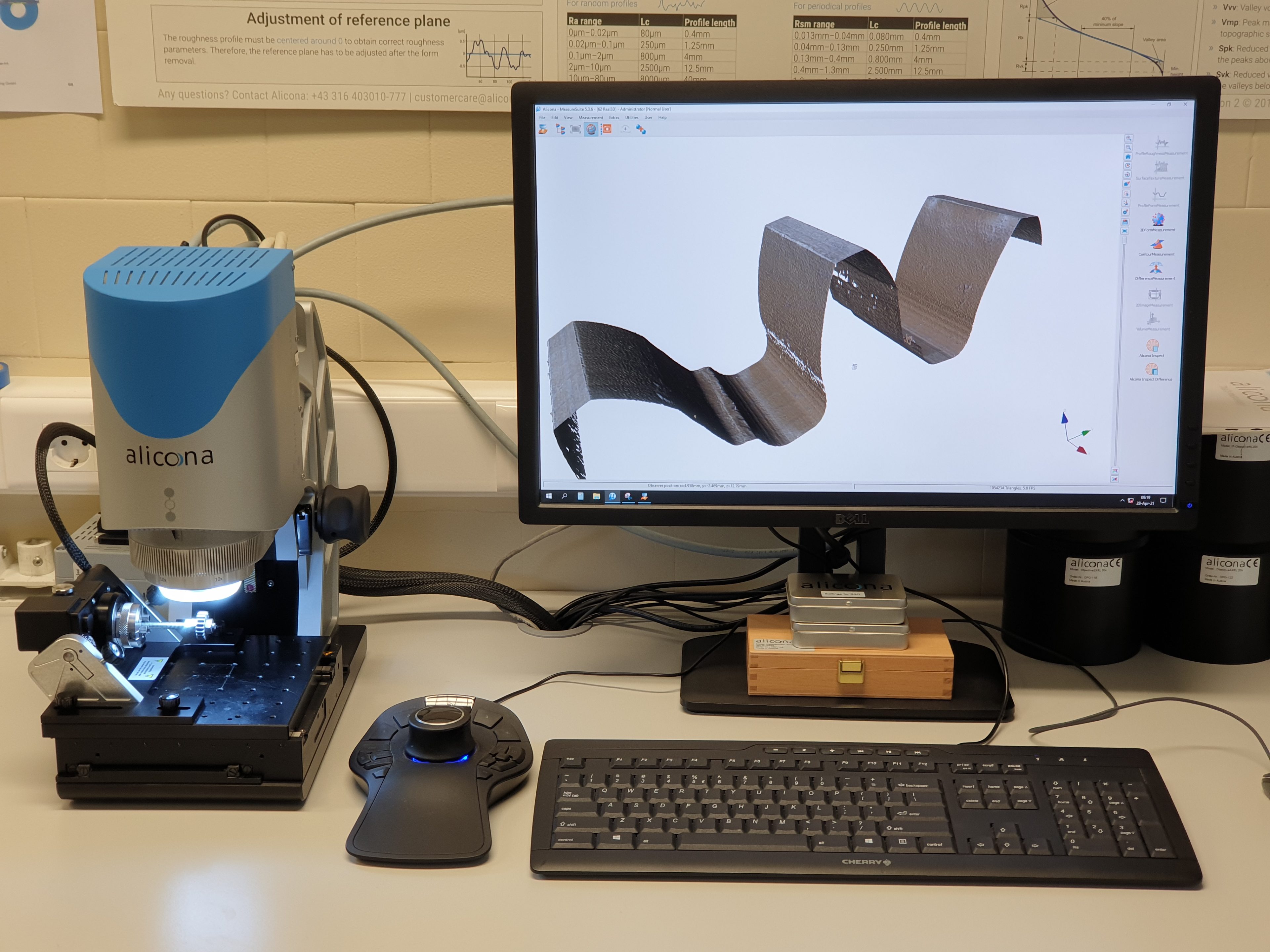If an Erasmus+ student at the Faculty of Mechanical Engineering at the University of Ljubljana wishes to write his/her undergraduate thesis as part of the exchange, he/she must also take and complete the courses Practical training and Development processes in Mechanical Engineering.
All three obligations are fulfilled by the student in accordance with an individual agreement with a mentor (and co-mentor) whom the student chooses by himself/herself at the Faculty of Mechanical Engineering at the University of Ljubljana.
Course syllabus and the number of credit points of each obligation:
- Diploma thesis – 10 ECTS
- Practical training – 8 ECTS
- Development processes in Mechanical Engineering – 12 ECTS
Instructions and guidelines:
Appendices to the instructions and guidelines:
- Erasmus+ timeline for submission and defence of the thesis,
- Thesis topic application form,
- Thesis template,
- Spine of the thesis.
Template for Diploma thesis defense
Instructions for completing the Practical training
- The topic area of the Practical training, the mentor and the laboratory are chosen by the student on the basis of his/her expressed interest in research, but before that the student may consult with the higher education teachers of the 1st Cycle Professional Study Programme Mechanical Engineering – Project Oriented Applied Programme.
- Before the start of the placement, the student must completely fill in the Mentor’s consent form and draw up a Programme of work of the Practical training with the mentor at the laboratory. Both documents should be sent by e-mail to praksa@fs.uni-lj.si.
- During the Practical training, the student keeps a Daily attendance timeline with a record of the work performed. The timeline must be attached to the final report of the Practical training.
- The report must be at least 10 pages long, this does not include all necessary attachments.
- Student must use a Report template for report writing. Mandatory attachments to the report are: Daily attendance timeline on the last page of the report and the Final report, which forms an integral part of the overall report. The student must submit the Report with all attachments electronically in PDF file to the mentor’s email and includes the Practical training Coordinator at the Faculty of Mechanical Engineering, University of Ljubljana as the CC in the email (praksa@fs.uni-lj.si).
- After the mentor at the Faculty of Mechanical Engineering has entered the grade on the Final report form, he/she sends it to the Practical training Coordinator (praksa@fs.uni-lj.si). The coordinator reviews, signs the report, and submits it to the International Students Office for entry of the final grade in the electronic index.
For details please read Detailed description of Practical training.
